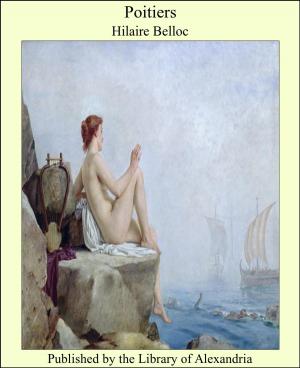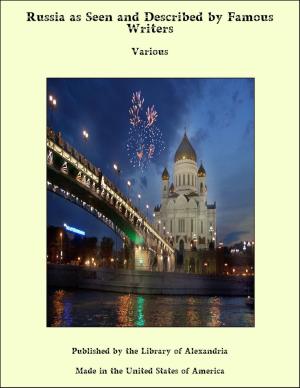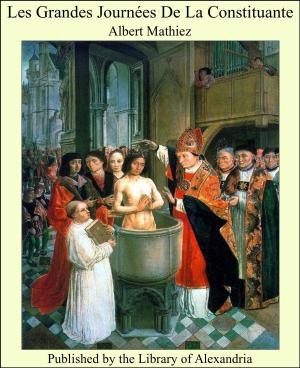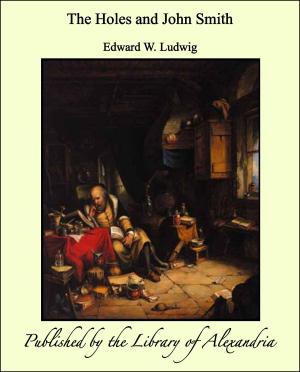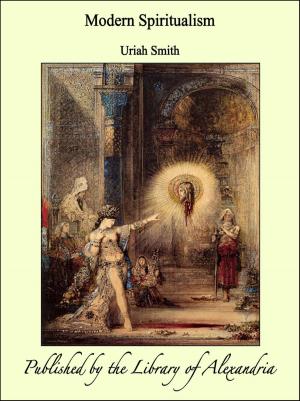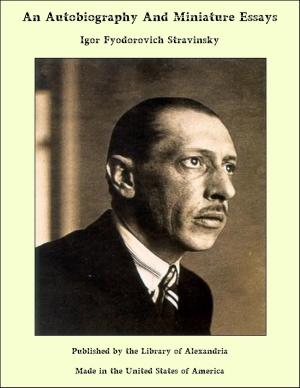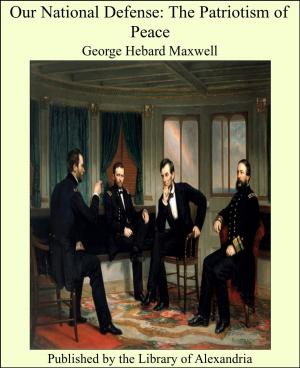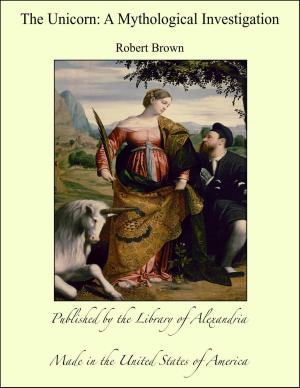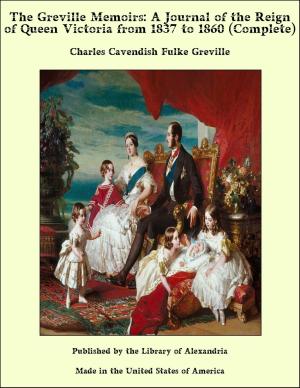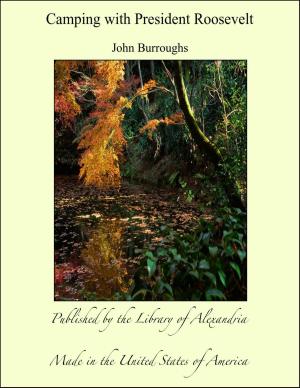| Author: | Miles Burton | ISBN: | 9781465546456 |
| Publisher: | Library of Alexandria | Publication: | March 8, 2015 |
| Imprint: | Language: | English |
| Author: | Miles Burton |
| ISBN: | 9781465546456 |
| Publisher: | Library of Alexandria |
| Publication: | March 8, 2015 |
| Imprint: | |
| Language: | English |
Mrs. Bale finished scrubbing out the wash-house of her cottage and, after looking round approvingly, emptied the pail. Then she returned to the kitchen, where the flowers which had been left during the course of the day lay in a bowl. It was the afternoon of Saturday, October 9th, and Mrs. Bale was alone, for her husband had gone off on his bicycle the eight miles to Flaxmouth, to have a look round the market. She was a middle-aged woman, cheerful, bustling and intensely alive. It was a favourite saying of hers that time must hang heavy with those that couldn’t find something to turn their hands to. This aphorism cannot have been born of her own experience, for nobody had ever known her idle. The flowers were the next job, for among the manifold duties she had taken on in the little village of Dellmead was the decoration of the church for Sundays. As she glanced at the bowl, she thought the contents were not too bad for the time of year. Several of the neighbours had dropped in with bunches of assorted blossoms. Her own contribution was some fine sprays of golden rod from the front garden. Miss Hilary had brought some chrysanthemums that morning. Parson himself, barely half an hour ago, had called with an armful of Michaelmas daisies. One way and the other, she ought to be able to make a proper show. She put on her hat, arranged the flowers in a basket, and set out. Her way took her along the straggling village street, bordered on one side by cottages, set some distance apart, and for the most part thatched, and on the other by a wide expanse of flat meadowland. On every side rose the downs, heaving their bare shoulders above the hollow in which the village lay. High above them, the sky was overcast with fleecy clouds rolling in from seaward. As Mrs. Bale tripped along, stopping now and then to exchange a word with the few neighbours she met, it seemed to her that there was a hint of rain in the air. At the end of the village she reached the only signpost that the place possessed. It stood at a drunken angle, for a harvest wain had bumped into it a couple of months earlier, and it seemed nobody’s business to set it straight again. In any case, the wording on its two arms was almost indecipherable. Not that this worried Mrs. Bale, who had lived in Dellmead all her married life. One arm read, “Flaxmouth, 8 miles.” The other, quite simply, “Church
Mrs. Bale finished scrubbing out the wash-house of her cottage and, after looking round approvingly, emptied the pail. Then she returned to the kitchen, where the flowers which had been left during the course of the day lay in a bowl. It was the afternoon of Saturday, October 9th, and Mrs. Bale was alone, for her husband had gone off on his bicycle the eight miles to Flaxmouth, to have a look round the market. She was a middle-aged woman, cheerful, bustling and intensely alive. It was a favourite saying of hers that time must hang heavy with those that couldn’t find something to turn their hands to. This aphorism cannot have been born of her own experience, for nobody had ever known her idle. The flowers were the next job, for among the manifold duties she had taken on in the little village of Dellmead was the decoration of the church for Sundays. As she glanced at the bowl, she thought the contents were not too bad for the time of year. Several of the neighbours had dropped in with bunches of assorted blossoms. Her own contribution was some fine sprays of golden rod from the front garden. Miss Hilary had brought some chrysanthemums that morning. Parson himself, barely half an hour ago, had called with an armful of Michaelmas daisies. One way and the other, she ought to be able to make a proper show. She put on her hat, arranged the flowers in a basket, and set out. Her way took her along the straggling village street, bordered on one side by cottages, set some distance apart, and for the most part thatched, and on the other by a wide expanse of flat meadowland. On every side rose the downs, heaving their bare shoulders above the hollow in which the village lay. High above them, the sky was overcast with fleecy clouds rolling in from seaward. As Mrs. Bale tripped along, stopping now and then to exchange a word with the few neighbours she met, it seemed to her that there was a hint of rain in the air. At the end of the village she reached the only signpost that the place possessed. It stood at a drunken angle, for a harvest wain had bumped into it a couple of months earlier, and it seemed nobody’s business to set it straight again. In any case, the wording on its two arms was almost indecipherable. Not that this worried Mrs. Bale, who had lived in Dellmead all her married life. One arm read, “Flaxmouth, 8 miles.” The other, quite simply, “Church

